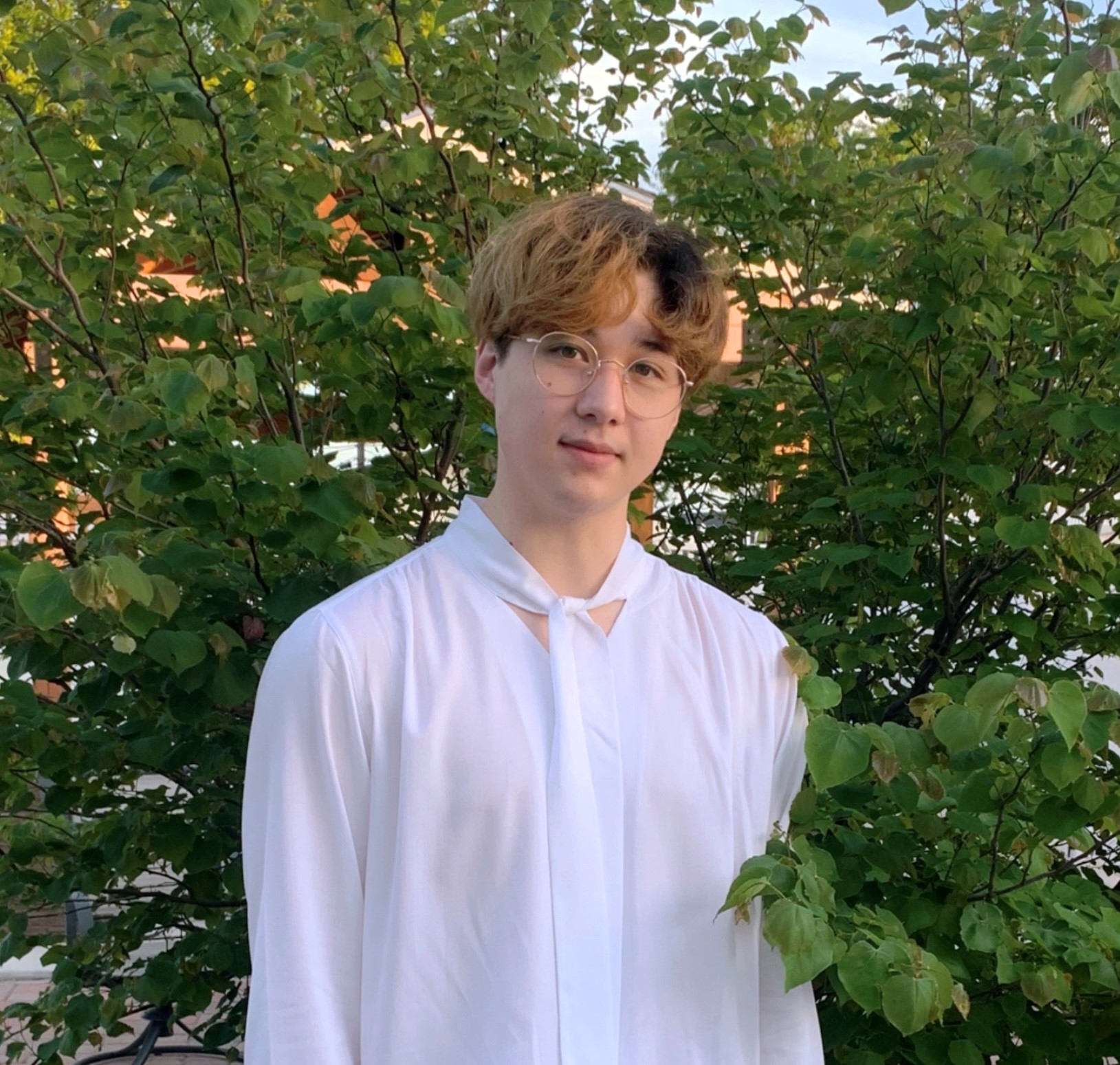Tanner Callis

About Tanner
Year: Graduate Student
Major: English
Hometown: Hays, KS
Faculty Mentor: Dr. Lexey Bartlett; Dr. Sharla Hutchinson
Research Recognition: 2023 Outstanding Graduate Student Research and Creative Activity Award
Learn more about the Outstanding Graduate Student Research and Creative Activity Award
Describe Your Research
For the Sigma Tau Delta International Convention, I presented a comparison of features of Anglo-Saxon religious and elegiac poetry through a close-reading style analysis. I also presented in a roundtable consisting of five students who completed creative projects in literature classes as an alternative or supplement to a more traditional research essay. Featured in this “UnEssay” roundtable was my short graphic novelization of a section from Vergil’s Aeneid and a board game inspired by social justice topics in Oliver Twist by Charles Dickens.
At SACAD, I gave an oral presentation about the meaning of motion and landscapes featured in literature of the American West. I drew comparisons of the three novels selected—Lonesome Dove, My Antonia, and Under the Feet of Jesus—to the vision of the West illustrated in Frederick Jackson Turner’s “Frontier Thesis."